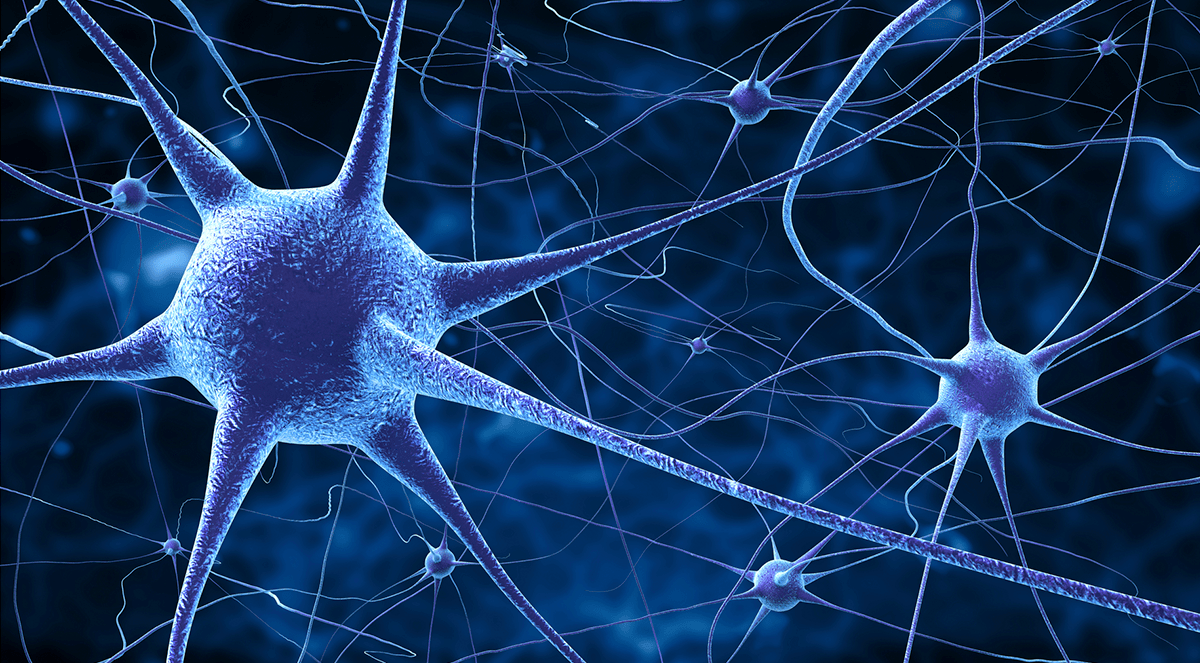Although several studies have reported positive effects of mind-body exercises on symptom management and health-related quality of life (HRQOL) of people living with Parkinson’s disease (PD), it is not known whether these effects are attributable to a change in anxiety and depression.
To compare the effects of mindfulness yoga to conventional stretching exercises in a randomized controlled trial while examining potentially mediating effects of anxiety and depression.
138 adults with PD were randomized to eight weekly yoga (n = 71) or stretching (n = 67) sessions. Symptom experiences, anxiety and depression, and HRQOL outcomes were assessed at baseline, immediate post-intervention, and 3-month post-intervention.
Generalized estimating equation analyses revealed that, compared to stretching, yoga significantly improved patients’ nonmotor (time-by-group interaction, T1:β = -1.99, p = .008; T2:β = -2.86, p < .001) and motor (time-by-group interaction, T1:β = -1.77, p = .03) symptom experiences. The mediation analysis found that the changes in anxiety and depression were the mediators in the associations between non-motor experience and HRQOL; while only the changes in depression were found to be the mediator in the relationship between motor experience and HRQOL.
Yoga is superior to conventional stretching exercises in improving nonmotor and motor symptoms in daily living. Reduced anxiety and depression play a role in mediating the positive effects of the mindfulness yoga intervention. To optimize HRQOL, rehabilitation should reinforce psychological care in addition to pharmacological treatments and physical relief of PD symptoms. Future studies are needed to identify strategies for facilitating the implementation and sustainability of mind-body rehabilitation to enhance the quality of care for PD.
© Society of Behavioral Medicine 2022. All rights reserved. For permissions, please e-mail: journals.permissions@oup.com.
Effects of Mindfulness Yoga Versus Conventional Physical Exercises on Symptom Experiences and Health-related Quality of Life in People with Parkinson’s Disease: The Potential Mediating Roles of Anxiety and Depression.


